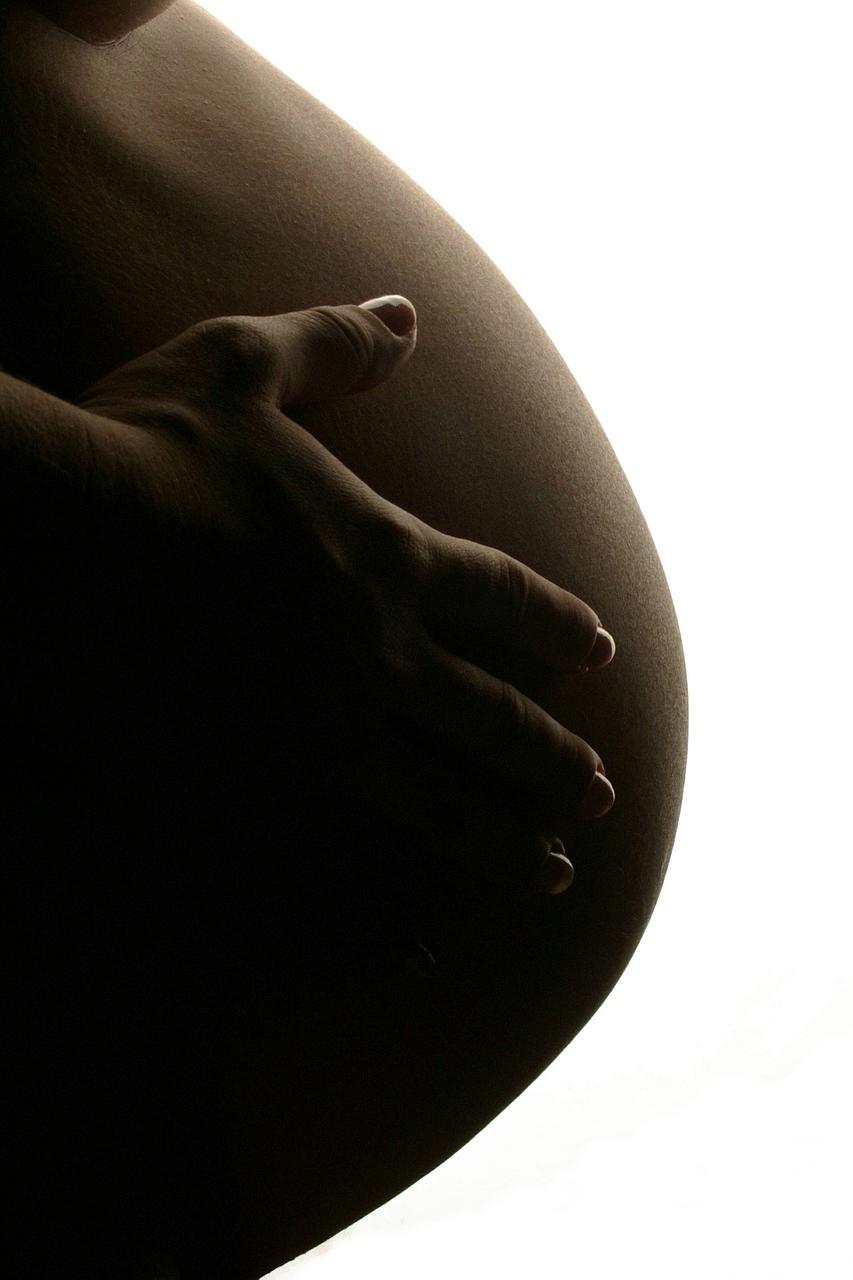One common concern many expectant mothers have is the issue of swelling during pregnancy. While it is true that swelling, also known as edema, can be a normal part of pregnancy due to increased blood volume and pressure on the blood vessels, it is essential to differentiate between harmless swelling and more concerning symptoms of conditions such as preeclampsia.
Normal Swelling vs. Preeclampsia
It is important to note that experiencing some degree of swelling during pregnancy is typically considered normal. It is often most noticeable in the ankles and feet, and can also affect the hands and face. This type of swelling is usually mild and not a cause for alarm. However, sudden or severe swelling, especially in the face or hands, could indicate a condition like preeclampsia.
Signs of Preeclampsia
Preeclampsia is a serious condition characterized by high blood pressure and organ damage. In addition to sudden and severe swelling, symptoms of preeclampsia may include headaches, vision changes, upper abdominal pain, and shortness of breath. If you experience any of these symptoms, it is crucial to contact your healthcare provider immediately for evaluation and management.
Coping with Swelling
To help reduce swelling in the ankles and feet, consider simple strategies like elevating your legs when possible, avoiding standing or sitting for long periods, staying hydrated, and consuming a balanced diet low in sodium. Regular, gentle exercise can also improve circulation and reduce fluid retention.
When to Seek Medical Attention
If you notice sudden or severe swelling, especially in your hands, face, or around your eyes, it is essential to contact your healthcare provider. They can assess your symptoms, check your blood pressure, and perform further evaluations to determine whether preeclampsia or another underlying issue may be present.
Importance of Regular Prenatal Check-Ups
Attending regular prenatal appointments is crucial during pregnancy to monitor both your health and the wellbeing of your baby. Your healthcare provider will routinely check for signs of conditions like preeclampsia and provide guidance on managing common pregnancy symptoms, including swelling.
Self-Care Practices
In addition to medical guidance, self-care practices can go a long way in managing pregnancy-related swelling. Prioritize resting with your feet elevated, wearing comfortable shoes, wearing support stockings, and practicing gentle prenatal yoga or stretching exercises to alleviate discomfort.
Understanding Your Body’s Changes
Each pregnancy is unique, and every woman may experience a slightly different set of symptoms and discomforts. By staying informed about the normal changes that occur during pregnancy, you can better recognize when something may be out of the ordinary and requires further attention.
Embracing Support Systems
Feel free to share your concerns and experiences with trusted friends, family, or support groups. Pregnancy can be a challenging time both physically and emotionally, and having a strong support system can help you navigate the ups and downs more smoothly.
Planning for Postpartum Care
While swelling during pregnancy is common, it often resolves on its own after giving birth. However, it is essential to prepare for postpartum recovery and self-care as you transition into the early weeks and months of motherhood.
Final Thoughts
In conclusion, experiencing swelling during pregnancy is not uncommon and is often a normal part of the journey to motherhood. However, staying vigilant about changes in your body, understanding the signs of more serious conditions like preeclampsia, and seeking timely medical advice when needed are vital steps in ensuring a healthy pregnancy for both you and your baby.

